Growing Beyond Fear: Part 1
Whenever I sit across from a prospective coaching client, I listen for two things:
What they really want & what scares them about what they really want.
Of course, nobody shares their wants and fear(s) outright, so it ends up sounding more like this…
I always imagined myself leading a division, mentoring my team, and scaling meaningful change, but now that I'm here it just feels impossible. Members of my team and I don't see eye-to-eye and my calendar is out of control. Sooner or later, I’ll either be found out or I’ll burn out.
Or like this…
I’m grateful for my career, but I often wonder if I'd be happier doing my own thing. Nothing would make me prouder than building a successful business, but the last thing I want to do is jeopardize my marriage, family, and retirement.
You see, for those of us with highly-trained, over-active minds, fear has a knack for convincing us that we are in imminent danger.
Or worse, that we might inadvertently put ourselves in imminent danger!
(And sadly, a lot of people and organizations get to capitalize on that fear to uphold the status quo.)
So how can ambitious professionals like you and me do a better job of distinguishing real fear from our own fears that keeps us professionally stuck?
Distinguishing Fears
As human beings, we experience more than one kind of fear, and I’m not talking about ‘fight’ or ‘flight.’
There are three types of fear worth distinguishing:
PRIMAL fear…
When your physical self perceives threat.
Think: fear of injury, fear of death
A pre-rational response in your amygdala and signals your body to fight or flee before you can understand what is going on.
HYPER-RATIONAL fear…
When your intelligent, social self perceives threat.
Think: fear of complexity, fear of consequences
A hyper-rational response in the frontal lobes that signals you to pursue evidence, ruminate, and succumb to planning (and excuses)!
AWE-SOME fear…
When your existential self perceives both threat and wonder.
Think: fear of possibilities, fear of euphoria
Neuroscience still has a lot to learn about the neurological pathways that transmit this type of fear, but fMRIs indicate that it signals your body to slow down your heart rate, and reduce skepticism and self-referential thinking!
So, I’m curious:
What type of fear is keeping you professionally stuck?
And…
What type of fear could carry you towards the career you really want?




